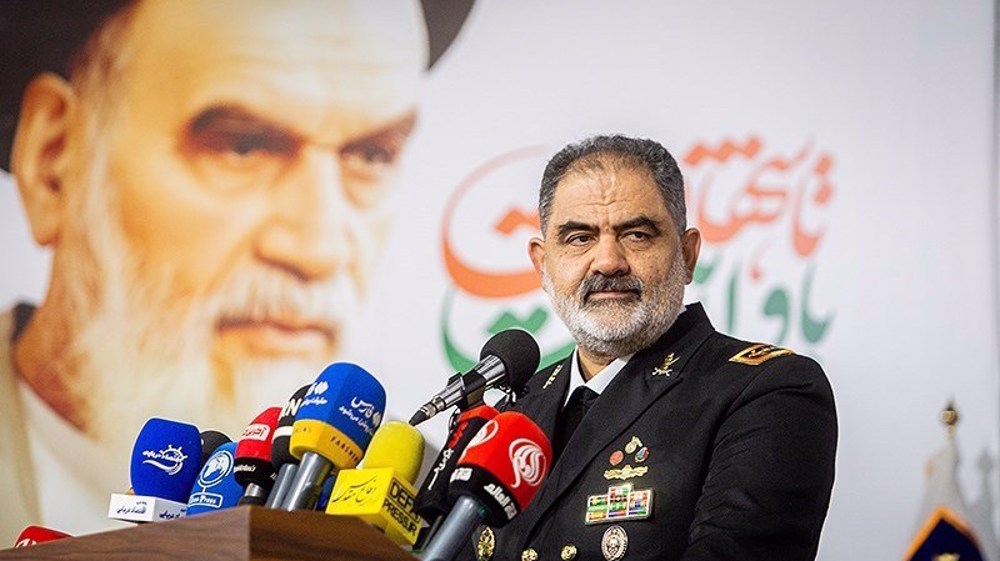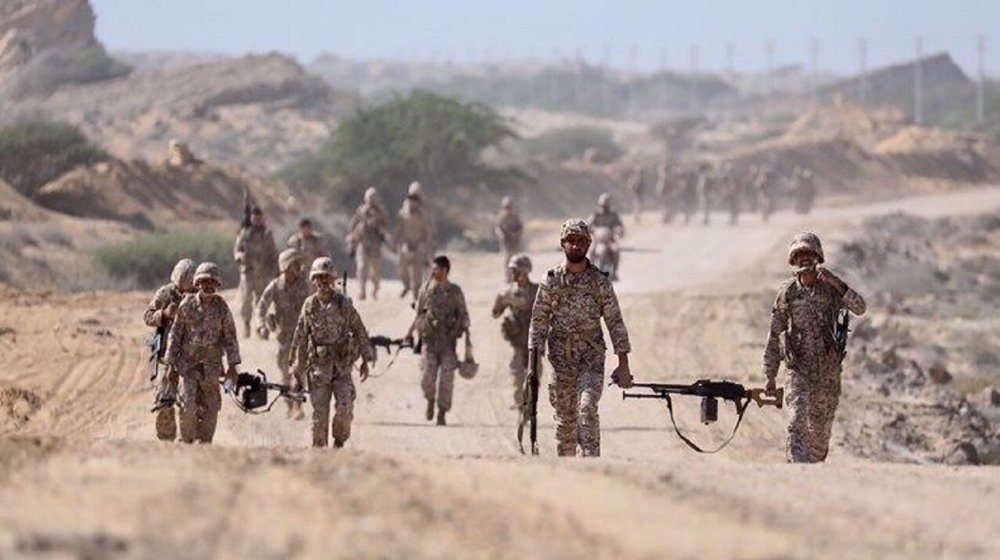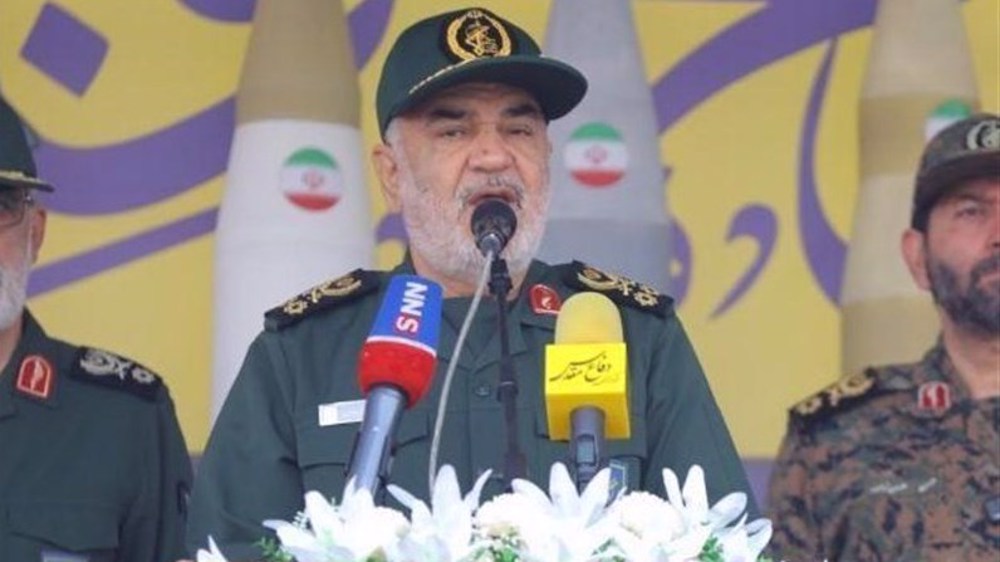Iran defense minister says Emad missile 'conventional'
Iranian Defense Minister Brigadier General Hossein Dehqan says the recently test-fired precision-guided long-range Emad missile is a conventional armament.
“We consider defense as our inalienable and recognized right and will continue to design, manufacture and put into operation any necessary conventional weapons and equipment in order to defend the country,” Dehqan said on Wednesday.
Dehqan's remarks came a day after a panel of UN experts said in a confidential report that Iran’s firing of the long-range ballistic missile in October violated a UN Security Council resolution, alleging that the missile is capable of delivering nuclear weapons.
“On the basis of its analysis and findings the Panel concludes that Emad launch is a violation by Iran of paragraph 9 of Security Council resolution 1929,” the panel said.
But Dehqan said, "Our aim of carrying out this test was that we wanted to tell the world that the Islamic Republic of Iran acts based on its national interests and no power anywhere in the world can decide for our nation and country and [Iran] will not accept any restriction on this issue.”
Iran successfully test-fired the surface-to-surface missile, which has been completely designed and manufactured by experts of Iran’s Aerospace Industries Organization affiliated with the Iranian Ministry of Defense, on October 11.
The Iranian defense minister said that despite certain restrictions stipulated in the UN Security Council Resolution 2231 under the terms of a July nuclear agreement between Iran and six world powers Tehran will keep boosting its defense capabilities.
Iran and the five permanent members of the United Nations Security Council – the United States, Britain, France, China and Russia – plus Germany finalized the text of the agreement dubbed the JCPOA in the Austrian capital Vienna on July 14.
On July 20, the UN Security Council adopted Resolution 2231, which bars Iran from developing missiles "designed to carry nuclear warheads."
The Iranian defense chief said that the JPCOA has not banned Iran from boosting its defense capabilities.

On October 17, Iran's Deputy Foreign Minister for Legal and International Affairs Seyyed Abbas Araqchi said that “none of Iran’s missiles, including ballistic ones, have been designed to carry a nuclear warhead, and thus their production and test are not contrary to [UN Security Council] Resolution 2231.”
The Islamic Republic has repeatedly said that its military might poses no threat to other countries, reiterating that its defense doctrine is merely based on deterrence.
Hezbollah breaks record of anti-Israel ops; four million settlers run for their lives
Iran rejects involvement in murder of Israeli rabbi in UAE
‘Israel at dead end’: Army chief vows Iran’s lasting support for resistance
Hezbollah executes record 51 military operations against Israel in a single day
VIDEO | Intl. day to end anti-women violence: Female victims of Israeli attacks on Gaza, Lebanon remembered
Leader: Arrest warrant not enough, Netanyahu must be executed
VIDEO | Iraqi fighters conduct fresh retaliatory attacks on vital Israeli targets
Gaza hospital chief calls for help amid Israel’s ‘extermination campaign’












 This makes it easy to access the Press TV website
This makes it easy to access the Press TV website